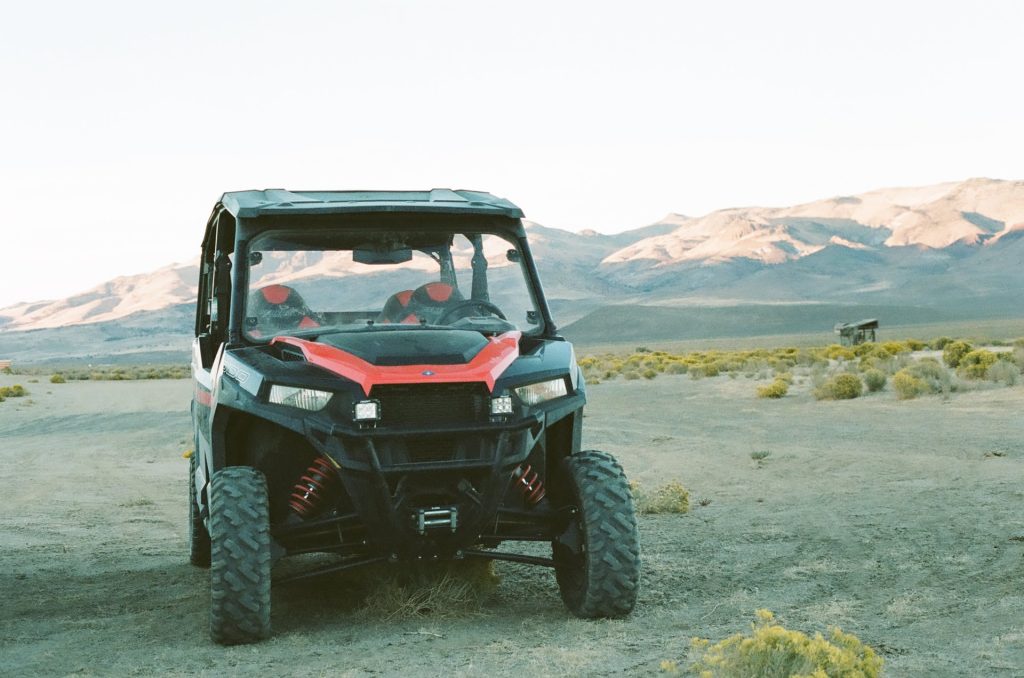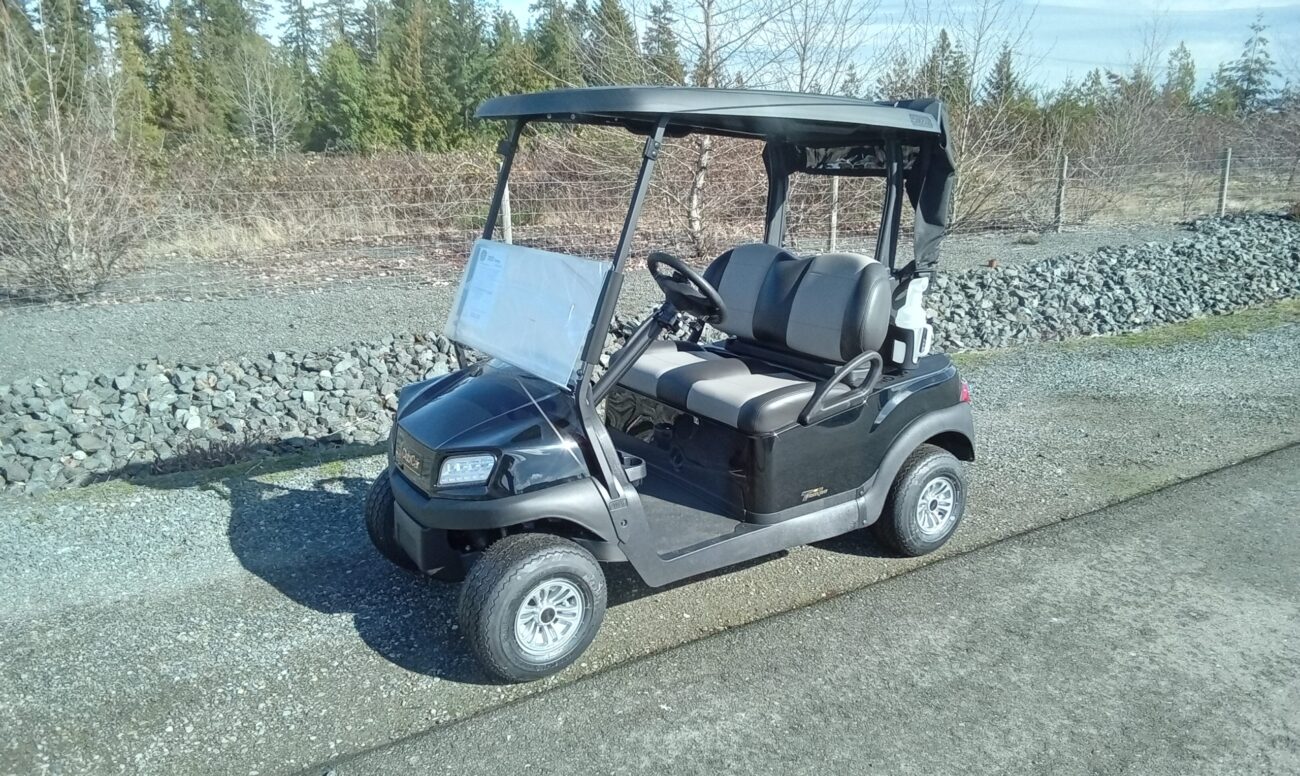
How Long Can You Finance a UTV
When considering purchasing a UTV, many buyers opt to finance their vehicles to make the purchase more affordable. Financing options for UTVs can range from 36 months to 72 months, but some lenders may offer even longer terms. The exact length of your financing term depends on factors such as the loan amount, the policies of the lending institution, and your credit history. Understanding these options will help you make an informed decision when purchasing your next UTV.
Standard Financing Terms for a UTV
Typically, financing for a UTV can range from 36 months (3 years) to 72 months (6 years). These terms allow buyers to spread the cost of the vehicle over a period of time, making it easier to manage payments. The interest rates and loan terms may vary based on the lender and your creditworthiness. A common loan structure for UTVs involves monthly payments that remain consistent over the term of the loan, though some flexible options may allow for changes in payment amounts depending on the situation.
Extended Financing Terms for UTVs
In some cases, especially for higher loan amounts or newer UTV models, some lenders may offer extended financing terms that can go up to 84 months (7 years). While these longer terms can lower the monthly payment, they may also result in paying more in interest over the life of the loan. Additionally, opting for an extended loan term could potentially make the vehicle more expensive in the long run, as you’re paying for a longer period with added interest charges. It’s important to balance the affordability of monthly payments with the overall cost of the loan.
Factors Affecting Financing Terms
Several factors can influence how long you can finance a UTV and the interest rates you receive. These include:
- Loan Amount: Higher loan amounts typically come with longer financing terms. The more expensive the UTV, the more likely you’ll have the option to extend the term of the loan to make the payments more manageable.
- Credit Score: Your credit score plays a significant role in determining the interest rate and loan term. A higher credit score often results in better financing terms, including lower interest rates and more favorable loan durations.
- Down Payment: Making a larger down payment can sometimes help secure a shorter loan term or reduce the interest rate, as it decreases the overall loan amount and shows the lender that you're financially responsible.
- Age of the UTV: Newer UTVs might come with longer financing terms, as lenders may view them as a less risky investment. Conversely, financing terms for older vehicles may be shorter.
- Lender's Policies: Different lenders have different policies regarding loan terms for recreational vehicles like UTVs. Some might offer 72-month terms for all customers, while others might limit longer terms to higher-priced models or specific credit tiers.
How Hard Is It to Get Financed for a UTV?
The difficulty of financing a UTV depends largely on your credit score and financial situation. If you have a strong credit history with a good credit score (typically above 700), you’re more likely to be approved for favorable financing terms. However, if your credit score is lower, you may face higher interest rates or more restrictive loan terms. Some lenders specialize in financing for individuals with less-than-ideal credit, so it’s still possible to get financing, although the terms may not be as favorable.
In addition to your credit score, lenders will also consider factors such as your income, employment history, and overall debt-to-income ratio when determining your eligibility for financing. For some buyers, a co-signer with a stronger credit score may improve the chances of securing a loan. Many UTV dealerships also offer in-house financing options, which may provide a more straightforward approval process compared to traditional financial institutions.
Are UTVs Worth the Money?
Whether or not a UTV is worth the money depends on how you intend to use it and your personal preferences. UTVs are versatile vehicles, designed for both recreational use and practical purposes. For those who enjoy off-roading, exploring trails, or participating in outdoor activities, a UTV can be a valuable investment, providing fun and excitement. In addition to recreational use, UTVs are often used on farms, ranches, and construction sites for hauling and towing equipment, making them practical work vehicles as well.
However, UTVs can be expensive, especially if you opt for higher-end models with more advanced features. When considering whether a UTV is worth the money, you’ll want to think about how often you plan to use it, what you’ll use it for, and how much you’re willing to spend. If you can afford the upfront cost and maintenance, and if you’ll use the vehicle regularly, a UTV could provide great value. Additionally, financing options allow you to break down the cost into affordable payments, making it easier to own one without straining your budget.
Additional Costs to Consider
Beyond the purchase price of a UTV, there are several additional costs to keep in mind. These include:
- Insurance: UTVs require insurance to protect against damages, theft, and liability. The cost of insurance can vary depending on factors like the model, coverage type, and location.
- Maintenance: Regular maintenance, including oil changes, tire rotations, and servicing the engine, will be necessary to keep your UTV in good working condition.
- Accessories: Many UTV owners choose to customize their vehicles with accessories like winches, lights, or upgraded tires. These extras can add to the overall cost.
Conclusion
Financing a UTV can range from 36 to 72 months, with some lenders offering terms as long as 84 months for higher loan amounts. The term of your loan will depend on factors like the loan amount, your credit score, and the policies of the lender. Financing makes owning a UTV more accessible, but it's important to carefully consider the loan term and interest rates to avoid paying too much over the life of the loan. Whether a UTV is worth the money ultimately depends on how much you’ll use it and your budget. If you're considering financing a UTV, visit UTV models for more information and to explore various options available to you.





Add a review
Your email address will not be published. Required fields are marked *